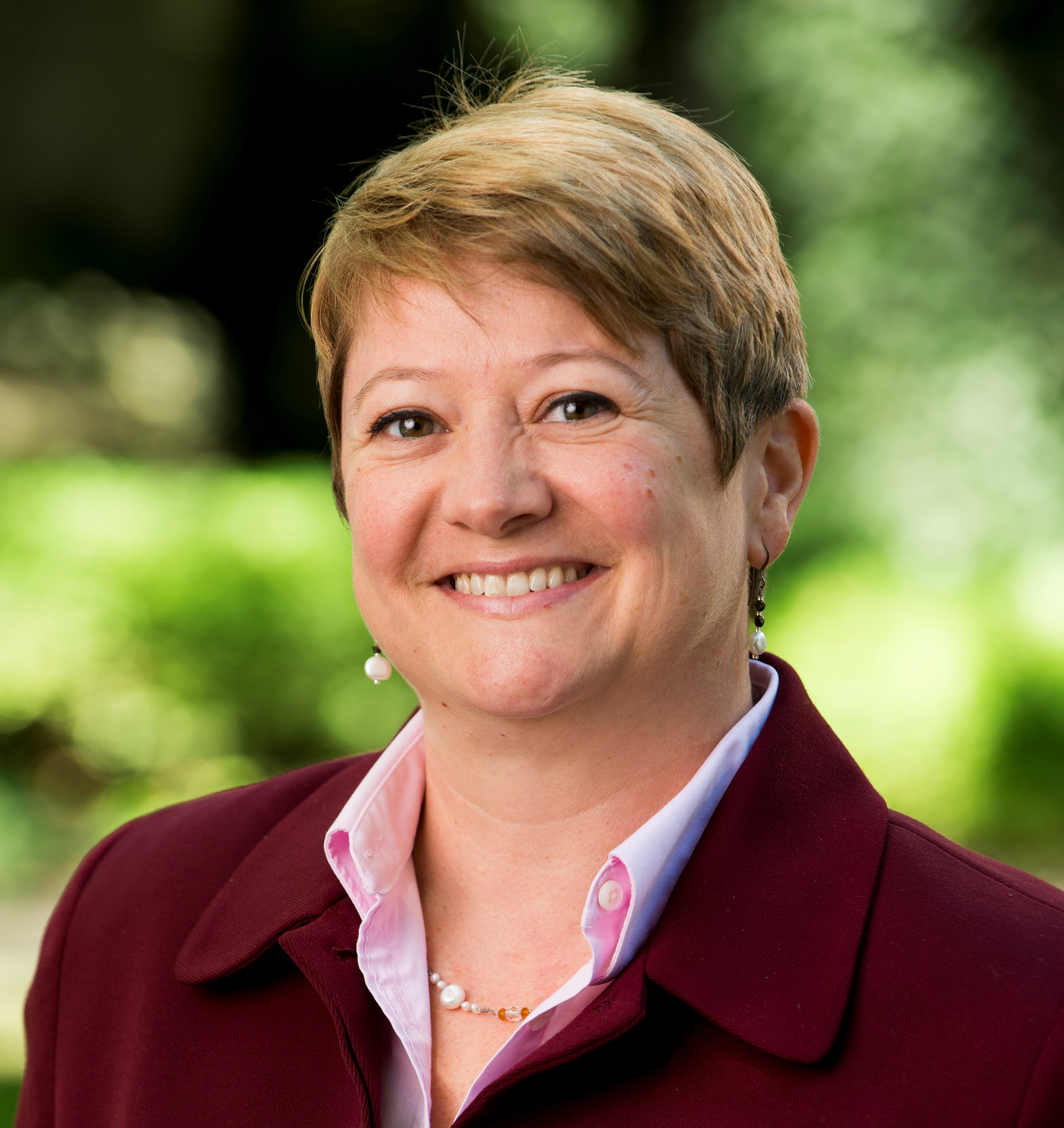- About
- Conferences and Events
- Membership
- Resources
- Member-Only Content
Member SpotlightNovember theme: Professional Development for CR Officers – Alexandra (aka Sacha) PateraNovember 7, 2022 1. What is your current role at your institution/company? How many years have you been a NACRO member?
I am part of a Corporate Engagement and Foundation Relations (CEFR) team that reports into the Office of the Dean for Research at Princeton since June 2022. Our sole focus is on research collaborations and our faculty. My portfolio is on the School of Engineering and Applied Sciences. I mostly focus on industry partnerships but am also mindful to bring to my faculty’s attention any funding opportunities from non-profits and government RFPs. I have about 100 faculty that I pay attention to and expect to have approximately 10-20 companies with active conversations (hopefully leading to projects) within the coming year. Princeton CEFR is a very flat organization with seven highly collaborative front line officers with defined portfolios integrating with a communications specialist, a data/information specialist, and a stewardship staff, administrative assistant and intern, all reporting to a director, who reports to the Dean for Research. I have been a member of NACRO since 2010, the year that I entered the Corporate Engagement field. Prior to that, I had been a bench chemist/biophysicist/structural biologist working on rational drug design who then moved to university administration as a graduate department associate chair. Then I discovered research development and corporate engagement. 2. How long have you been in corporate relations; Can you tell us more about your career in corporate relations? Over the last dozen years in the field, I have had the privilege and opportunity to explore different ways of doing corporate engagement at several universities. At Northwestern (mid-sized private, midwestern, sub/urban), I was part of a holistic central team reporting to Development, created a small CFR team at the med school in Development, and helped launch a new master’s program external partnership group at the Law School. At Dartmouth (small ivy, very remote), I initiated a formal corporate engagement effort out of Development. At Rutgers (very large, multicampus, public land grant, surrounded by industry), I built a successful seven member CE team that reported to Research and Development. And now, I’m having fun learning Princeton! Through these opportunities I’ve been able to validate for myself that the NACRO comprehensive approach and CE teachings works, regardless of the institution. 3. Why did you decide to join NACRO? Honestly, I was voluntold by my supervisor at Northwestern. She was part of the early conversations around the formation of NACRO. When I joined her in 2010, and we attended NACRO at UIUC, I was told I was going to co-chair Benchmarking and that the group was working on a white paper, which became NACRO’s first white paper on the essential elements of a successful Corporate Relations program. I learned so much from the amazingly experienced professionals who were on Benchmarking. The ideas all came from them; I was just a project manager and editor. It was probably one of the most transformational professional experiences in my career. 4. How has NACRO helped you in your everyday work? Perhaps the daily impact of NACRO’s work on mine is having a repertoire of the various ways that an agreement can come to a “yes”, and knowing how to get to a quick “no” and not waste anyone’s time. Because of the best practices and case studies offered by NACRO resources, through conferences, webinars, toolkit, etc., I have a much broader knowledge set to draw from. I have less fear about doing things for the first time, because I know it can be done, because my NACRO colleague has done it. That’s NACRO’s everyday impact. 5. In general, how has NACRO allowed you to grow professionally in your corporate relations career? After serving on Benchmarking the first year, I was hooked on NACRO. I was like a sponge, learning, networking, making colleagues and friends. I looked forward to and continue to look forward to the annual meetings. NACRO has been instrumental in my career trajectory. Once on the Board, I got to learn how to run an organization of volunteers, understand what it takes to run an independent organization. It helped me grow from a manager into a leader. I became not just a doer, but strategic thinker in terms of university-industry engagement. I became a professional. We were defining CR as a professional field. NACRO provided the credibility that opened professional doors for me. 6. What was one of your strangest jobs in your career? Not so much strange as uncommon or unique. I was part of a startup team of executives, scientists and engineers who developed a partnership with the USSR (Soviet) space program to send self-contained scientific experiments to the (now retired) MIR space station. As part of the experience, I got to work at the launch site base in Kazakhstan as a translator and integrate (aka place) our experiment box into the space-bound rocket. The whole experience is full of stories, each one more fun and incredible than the next. I was 21 and just starting off my professional career. |


